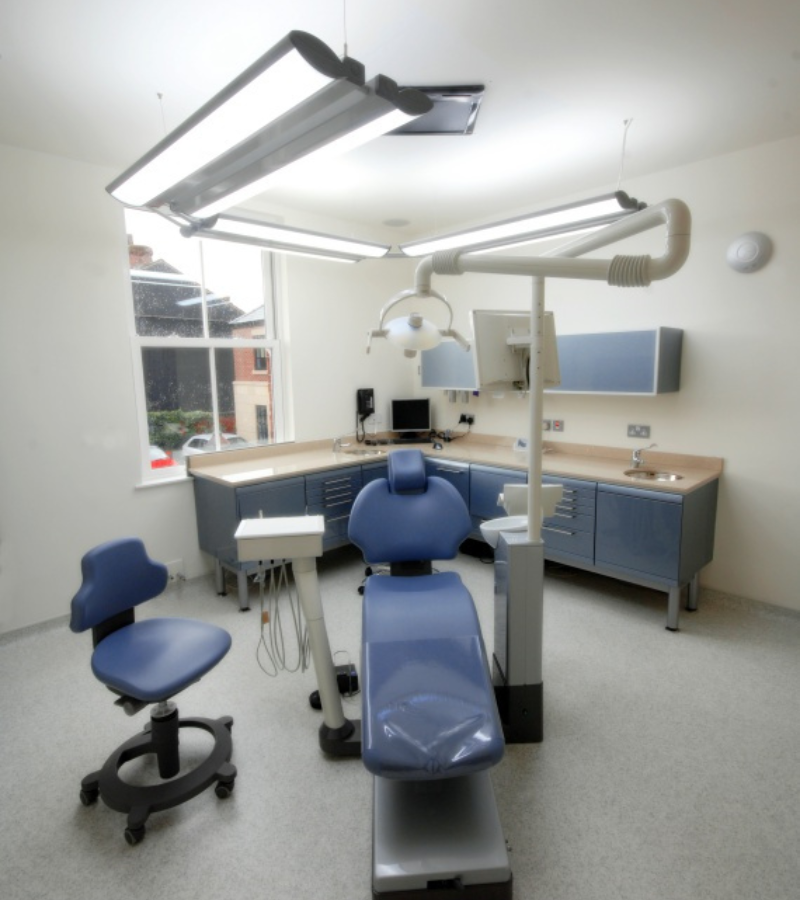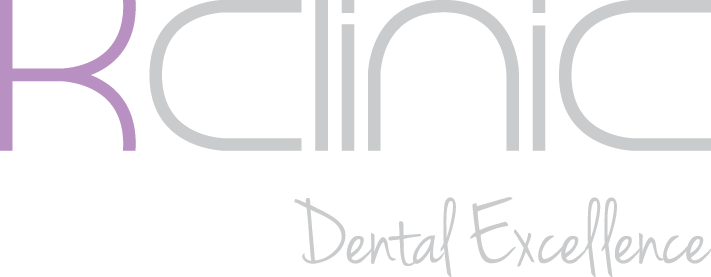
Breathe better. Speak clearly. Thrive naturally.
Myofunctional therapy
Gentle, personalised exercises to retrain oral muscles, improve function, and support healthy growth. For children, teens, and adults looking to breathe, sleep, and feel better, naturally.
What is myofunctional therapy?
Myofunctional therapy is a non-invasive treatment that uses targeted exercises to correct improper tongue posture, breathing patterns, and oral muscle function. These habits, often developed early in life, can affect everything from facial growth and speech to sleep and orthodontic outcomes. By retraining the muscles of the tongue, lips, cheeks, and jaw, myofunctional therapy supports better breathing, clearer speech, proper swallowing, and overall orofacial development.
Benefits of this treatment
- Better breathing: Encourages nasal breathing, helping reduce snoring and sleep-disordered breathing.
- Improved oral posture: Supports proper tongue and lip positioning, essential for jaw development and facial balance.
- Enhanced orthodontic results: Helps prevent relapse after braces and improves long-term stability of orthodontic treatment.
- Clearer speech: Corrects muscle patterns that may affect articulation and clarity.
- Healthier swallowing patterns: Reduces issues like tongue thrust, which can impact tooth alignment and digestion.
- Improved sleep quality: Supports restful sleep by promoting open airways and healthy nighttime breathing.

The myofunctional therapy process
1.
Consultation
We begin with a detailed discussion of your concerns, health history, and symptoms. This helps us understand your goals and tailor your care.
2.
Functional assessment
A comprehensive evaluation of breathing, oral posture, tongue function, swallowing, speech, and facial muscle patterns. We may take clinical photographs or measurements if needed.
3.
Personalised therapy plan
Based on your assessment, we create a custom therapy programme. This includes targeted exercises to strengthen and retrain the muscles involved in breathing, speaking, chewing, and swallowing.
4.
Ongoing support & progress tracking
Regular check-ins ensure your progress is on track. We adjust the plan as needed, support you with tools and guidance, and celebrate improvements along the way.
Signs you might benefit from myofunctional therapy
You or your child might benefit from myofunctional therapy if you notice any of the following:
- Mouth breathing (especially during sleep)
- Tongue thrust when swallowing or speaking
- Snoring or restless sleep
- Speech difficulties or delayed development
- Thumb sucking or prolonged dummy use
- Difficulty chewing or swallowing properly
- Frequent dry mouth or bad breath

Therapy models
Structured support, tailored to you.
1. Intensive phase
This phase lays the foundation of therapy by focusing on breath retraining, oral muscle coordination, and habit awareness. It’s designed to build stability in the tongue, lips, and jaw, promote a stronger tongue-palate connection, and initiate swallow repatterning, all essential for long-term functional improvements.
- 5 weekly sessions (online or in-person)
- 6th session: face-to-face review
- Session length: up to 40 minutes
2. Synchronization & maintenance phase
This stage helps to consolidate progress made during the intensive phase. The focus is on long-term habit change, refining chewing and swallowing, and integrating correct tongue posture and breathing patterns into daily life. It also provides support before or after a tongue-tie release, if needed.
- Held every 3–4 weeks
- Typically 2–4 sessions required
- May include support before or after a frenectomy (if applicable)

— frequently asked questions —
Quick answers to your questions
Does my child need a referral?
No referral is needed. You can book a consultation directly to assess whether myofunctional therapy is appropriate.
How long does the therapy take?
It depends on the individual. Most programmes involve an intensive phase over 6 weeks, followed by 2–4 maintenance sessions over several months.
Who is it for?
Myofunctional therapy can benefit children, teens, and adults with issues like mouth breathing, tongue thrust, speech difficulties, sleep-disordered breathing, or orthodontic concerns.
Is the therapy difficult for children?
The exercises are simple and engaging, and we tailor them to each child’s age and ability. With support from parents, children usually adapt quickly.
Does it hurt?
Not at all. Myofunctional therapy is gentle, non-invasive, and doesn’t involve any physical discomfort.
Is online therapy effective?
Yes. Many sessions can be carried out successfully online, with regular guidance and progress tracking from your therapist.
Will my child need a tongue-tie release?
Not always. If a tongue-tie is present, we’ll assess whether therapy alone is enough, or if a release (frenectomy) may help. Therapy is often done before and after the procedure for best results.
